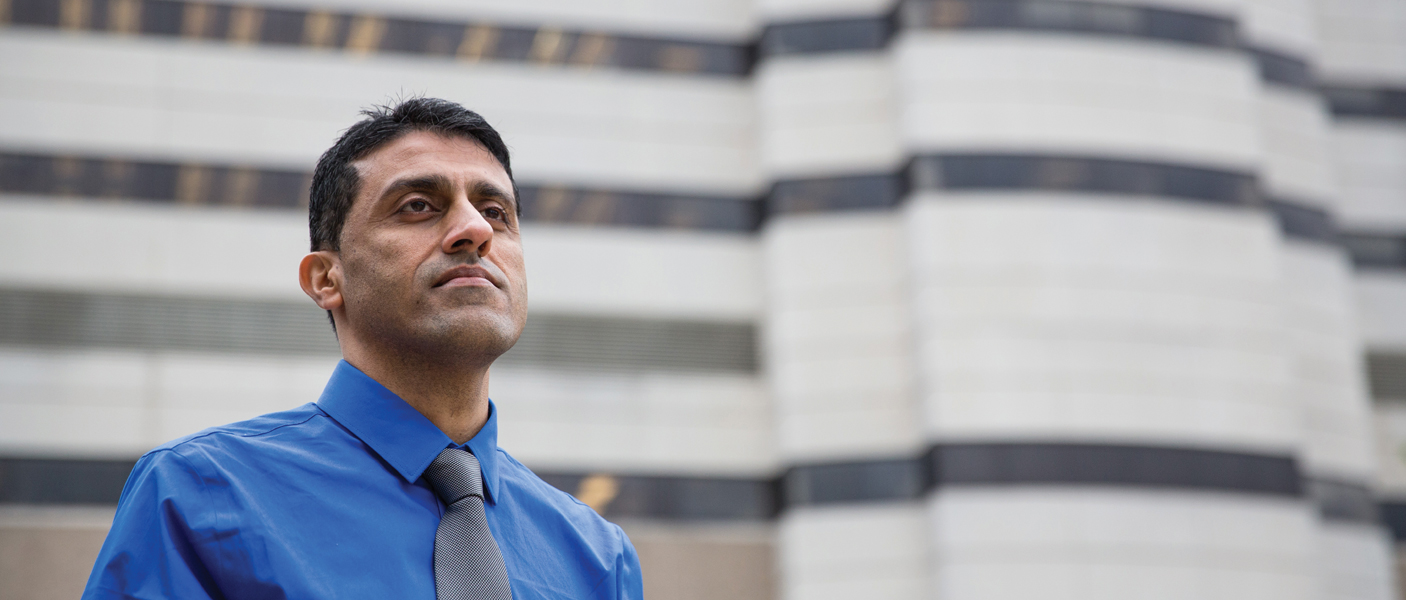

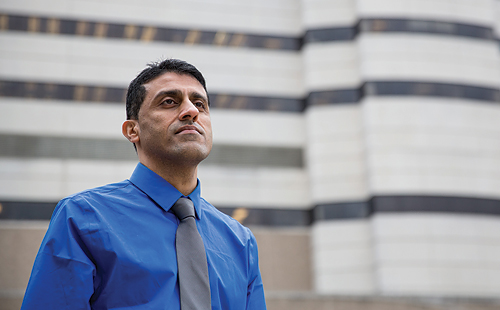
During my post-doctoral training under my mentor, Dr. Arul Chinnaiyan, Director of the Michigan Center for Translational Pathology (MCTP), I had my first opportunity to participate in the team which performed rapid autopsies carried out under the auspices of Michigan Legacy Tissue Program (MLTP). Despite heroic therapeutic attempts (e.g. prostatectomy, chemotherapies, hormonal manipulation), our patient had died from complications of metastatic castrate-resistant prostate cancer, with a heavy burden of disease. I had previously heard about MLTP while I was training in the laboratory. I thought I was prepared to understand the scope of the autopsy procedure but underestimated the immense respect, awe, and admiration my first experience would generate in me. Respect for the patients and families contributing to this program, awe for the infrastructure, resources, and coordination provided by the Department of Pathology to make such programs possible. Admiration for the passion and unconditional dedication of all the faculty, staff, trainees and colleagues participating in the program. What could have been a unique and perhaps a one-time experience, became a lifelong passion and quest for me – to contribute to MLTP, and learn as much as possible from the selfless donations of our patients, in a hope to help our future patients.
A result of a multi-disciplinary team effort currently being made by various institutions and hospitals across the globe, all working with one goal in mind...
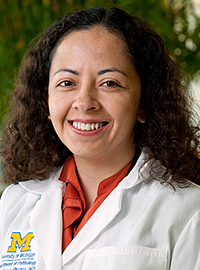
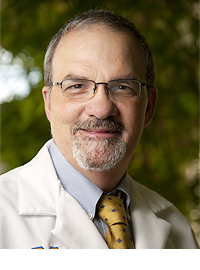
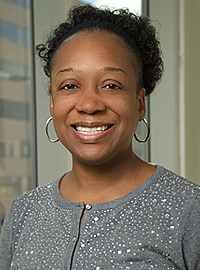
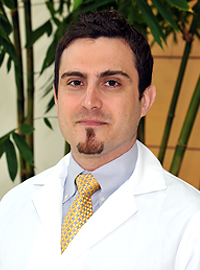
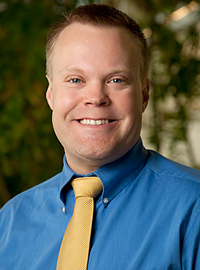
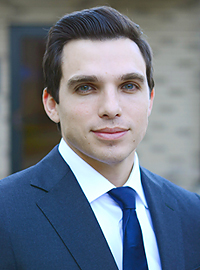
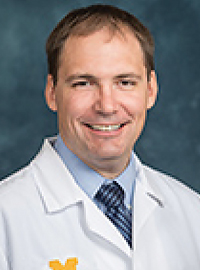
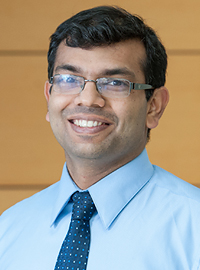
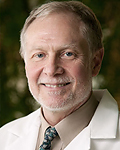
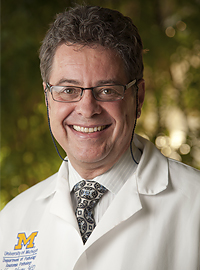
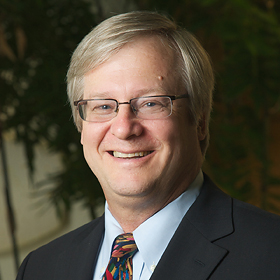
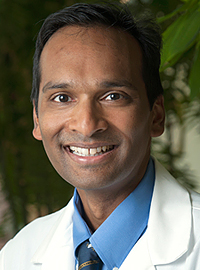
The field of cancer biology is rapidly evolving. A frameshift change has been brought about by precision medicine which allows utilization of knowledge of a specific driving molecular aberration in individual patients for diagnostic or prognostic classification, therapeutic choice, or enrollment in a clinical trial. And all of this has been possible as a result of a multi-disciplinary team effort currently being made by various institutions and hospitals across the globe, all working with one goal in mind—to surmount the morbidity and mortality unleashed by cancer. Each donation given under MLTP allows access to invaluable information through cellular and genetic analysis of the tissue - not just at Michigan but beyond. The tissue itself is shared, cell lines created for the community and organoid cultures, and patient-derived xenografts made. It is this information that is so essential in creating a brighter future for the patients and families whom cancer so profoundly affects.
To facilitate the goals and aims of MLTP, several departments at Michigan Medicine have joined hands for the cause. Such an effort to learn from incurable diseases is only possible by the unconditional interest, effort and collaboration from diverse groups of physicians, scientists, staff and faculty engaged in different subspecialties like Medical Oncology, Radiation Oncology, Surgical Oncology, and others. Through collaboration with faculty members, including Dr. Arul Chinnaiyan, Drs. Zachery Reichert and Ajjai Alva in the Department of Medical Oncology, Dr. Daniel Spratt in the Department of Radiation Oncology, Forensic Pathologists Drs. Jeffrey Jentzen and Allecia Wilson, Drs. Aaron Udager and Andrew Sciallis (Anatomic Pathology), Neuropathologist Dr. Sandra Camelo-Piragua, and others, MLTP has already contributed to several important discoveries and publications in the field of oncology. Such efforts toward changing the future of cancer and its impact on humankind are impossible without the visionary leadership in the Department of Pathology, provided by Drs. Charles Parkos, Jeffrey Myers, David Lucas, and Arul Chinnaiyan.
"We truly want to ensure he continues to help others. He was devoted to helping people both during his life and through his death from cancer."From a patient's family member
One of the experiences I gained while working with MLTP ended up being a very personal and long-lasting memory for me. The humanistic nature of this program, rooted in the historical context of learning from touching and studying the human body, is unique and has humbled me immensely. We are connected to Virchow and Rokitansky through a passion to both learn and ultimately heal people by touching and studying them directly. This intimate interaction between pathologist, patient, and cancer is profound. I was the lead pathologist for a patient enrolled in our program when we came across a very heavy metastatic disease burden (unexpectedly) involving multiple sites throughout the body. I had spoken with the medical oncologist during her enrollment process and knew the difficulties they had in managing her pain and suffering – and the reason for that was in my hands. I will never forget dissecting through endless tumor within the abdomen, which invaded and obliterated anatomical planes. A deluge of cancer disregarding natural boundaries. The despondent feelings I know my oncology colleagues had felt in trying to care for the patient invaded me. I wondered how we could tackle such widely metastatic disease. I was heartened, though, knowing this patient and family understood that they put in MLTP’s hands the hope that, through this work, we will be able to. Despite the odds, we cannot stall or hesitate to attack the hardest problems in cancer. We need to hit back at this disease, earlier and harder. A very important message moving forward, for all of us, is to work earnestly for this cause to eliminate cancer (through prevention and treatment) completely, so no patient ever has to face insurmountable disease.
Each member of the MLTP at Michigan Medicine understands and appreciates the importance of this donation. The time around death is emotionally charged, for everyone involved. Nothing can ever make up for the loss of a patient’s life at the hands of a lethal and often debilitating, painful disease; but what all of us can attempt to do, hopefully, in all our humility and respect, is to learn from such honorable donations and help others with cancer. For many cancer patients, helping others is an important aspect of their journey. They participate in clinical trials, answer questionnaires, and lean on each other for support in groups. MLTP is another path facilitating this direction, and together, we will work toward eliminating cancer altogether.
The author thanks the patients and their families for participation in the rapid autopsy program at Michigan Medicine; we are extremely indebted to the patients and this narrative is dedicated to them and their selfless contribution to further the cause of medicine and to advance cutting-edge cancer research.
—
For more information about MLTP, visit our website: www.pathology.med.umich.edu/mltp
 ON THE COVER
ON THE COVER
Breast team reviewing a patient's slide. (From left to right) Ghassan Allo, Fellow; Laura Walters, Clinical Lecturer; Celina Kleer, Professor. See Article 2014Department Chair |

newsletter
INSIDE PATHOLOGYAbout Our NewsletterInside Pathology is an newsletter published by the Chairman's Office to bring news and updates from inside the department's research and to become familiar with those leading it. It is our hope that those who read it will enjoy hearing about those new and familiar, and perhaps help in furthering our research. CONTENTS
|
 ON THE COVER
ON THE COVER
Autopsy Technician draws blood while working in the Wayne County morgue. See Article 2016Department Chair |

newsletter
INSIDE PATHOLOGYAbout Our NewsletterInside Pathology is an newsletter published by the Chairman's Office to bring news and updates from inside the department's research and to become familiar with those leading it. It is our hope that those who read it will enjoy hearing about those new and familiar, and perhaps help in furthering our research. CONTENTS
|
 ON THE COVER
ON THE COVER
Dr. Sriram Venneti, MD, PhD and Postdoctoral Fellow, Chan Chung, PhD investigate pediatric brain cancer. See Article 2017Department Chair |

newsletter
INSIDE PATHOLOGYAbout Our NewsletterInside Pathology is an newsletter published by the Chairman's Office to bring news and updates from inside the department's research and to become familiar with those leading it. It is our hope that those who read it will enjoy hearing about those new and familiar, and perhaps help in furthering our research. CONTENTS
|
 ON THE COVER
ON THE COVER
Director of the Neuropathology Fellowship, Dr. Sandra Camelo-Piragua serves on the Patient and Family Advisory Council. 2018Department Chair |

newsletter
INSIDE PATHOLOGYAbout Our NewsletterInside Pathology is an newsletter published by the Chairman's Office to bring news and updates from inside the department's research and to become familiar with those leading it. It is our hope that those who read it will enjoy hearing about those new and familiar, and perhaps help in furthering our research. CONTENTS
|
 ON THE COVER
ON THE COVER
Residents Ashley Bradt (left) and William Perry work at a multi-headed scope in our new facility. 2019Department Chair |

newsletter
INSIDE PATHOLOGYAbout Our NewsletterInside Pathology is an newsletter published by the Chairman's Office to bring news and updates from inside the department's research and to become familiar with those leading it. It is our hope that those who read it will enjoy hearing about those new and familiar, and perhaps help in furthering our research. CONTENTS
|
 ON THE COVER
ON THE COVER
Dr. Kristine Konopka (right) instructing residents while using a multi-headed microscope. 2020Department Chair |

newsletter
INSIDE PATHOLOGYAbout Our NewsletterInside Pathology is an newsletter published by the Chairman's Office to bring news and updates from inside the department's research and to become familiar with those leading it. It is our hope that those who read it will enjoy hearing about those new and familiar, and perhaps help in furthering our research. CONTENTS
|
 ON THE COVER
ON THE COVER
Patient specimens poised for COVID-19 PCR testing. 2021Department Chair |

newsletter
INSIDE PATHOLOGYAbout Our NewsletterInside Pathology is an newsletter published by the Chairman's Office to bring news and updates from inside the department's research and to become familiar with those leading it. It is our hope that those who read it will enjoy hearing about those new and familiar, and perhaps help in furthering our research. CONTENTS
|
 ON THE COVER
ON THE COVER
Dr. Pantanowitz demonstrates using machine learning in analyzing slides. 2022Department Chair |

newsletter
INSIDE PATHOLOGYAbout Our NewsletterInside Pathology is an newsletter published by the Chairman's Office to bring news and updates from inside the department's research and to become familiar with those leading it. It is our hope that those who read it will enjoy hearing about those new and familiar, and perhaps help in furthering our research. CONTENTS
|
 ON THE COVER
ON THE COVER
(Left to Right) Drs. Angela Wu, Laura Lamps, and Maria Westerhoff. 2023Department Chair |

newsletter
INSIDE PATHOLOGYAbout Our NewsletterInside Pathology is an newsletter published by the Chairman's Office to bring news and updates from inside the department's research and to become familiar with those leading it. It is our hope that those who read it will enjoy hearing about those new and familiar, and perhaps help in furthering our research. CONTENTS
|
 ON THE COVER
ON THE COVER
Illustration representing the various machines and processing used within our labs. 2024Department Chair |

newsletter
INSIDE PATHOLOGYAbout Our NewsletterInside Pathology is an newsletter published by the Chairman's Office to bring news and updates from inside the department's research and to become familiar with those leading it. It is our hope that those who read it will enjoy hearing about those new and familiar, and perhaps help in furthering our research. CONTENTS
|
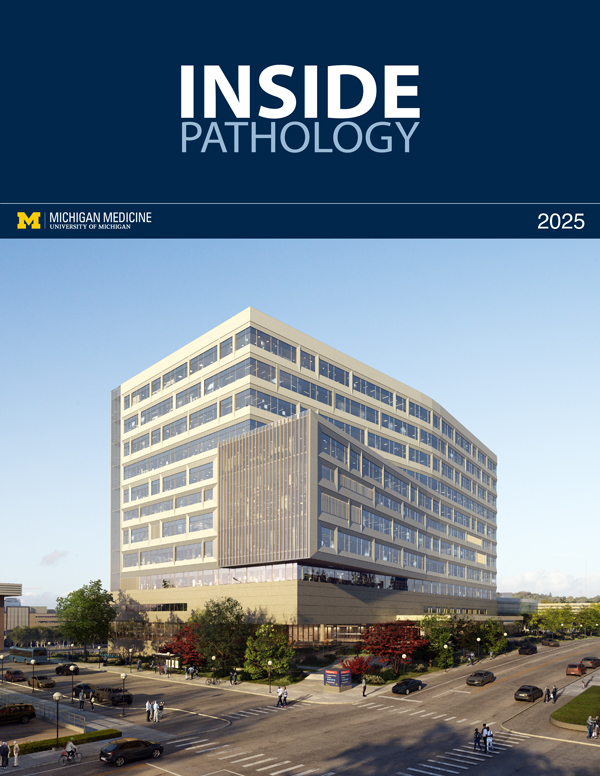 ON THE COVER
ON THE COVER
Rendering of the D. Dan and Betty Khn Health Care Pavilion. Credit: HOK 2025Department Chair |

newsletter
INSIDE PATHOLOGYAbout Our NewsletterInside Pathology is an newsletter published by the Chairman's Office to bring news and updates from inside the department's research and to become familiar with those leading it. It is our hope that those who read it will enjoy hearing about those new and familiar, and perhaps help in furthering our research. CONTENTS
|

MLabs, established in 1985, functions as a portal to provide pathologists, hospitals. and other reference laboratories access to the faculty, staff and laboratories of the University of Michigan Health System’s Department of Pathology. MLabs is a recognized leader for advanced molecular diagnostic testing, helpful consultants and exceptional customer service.